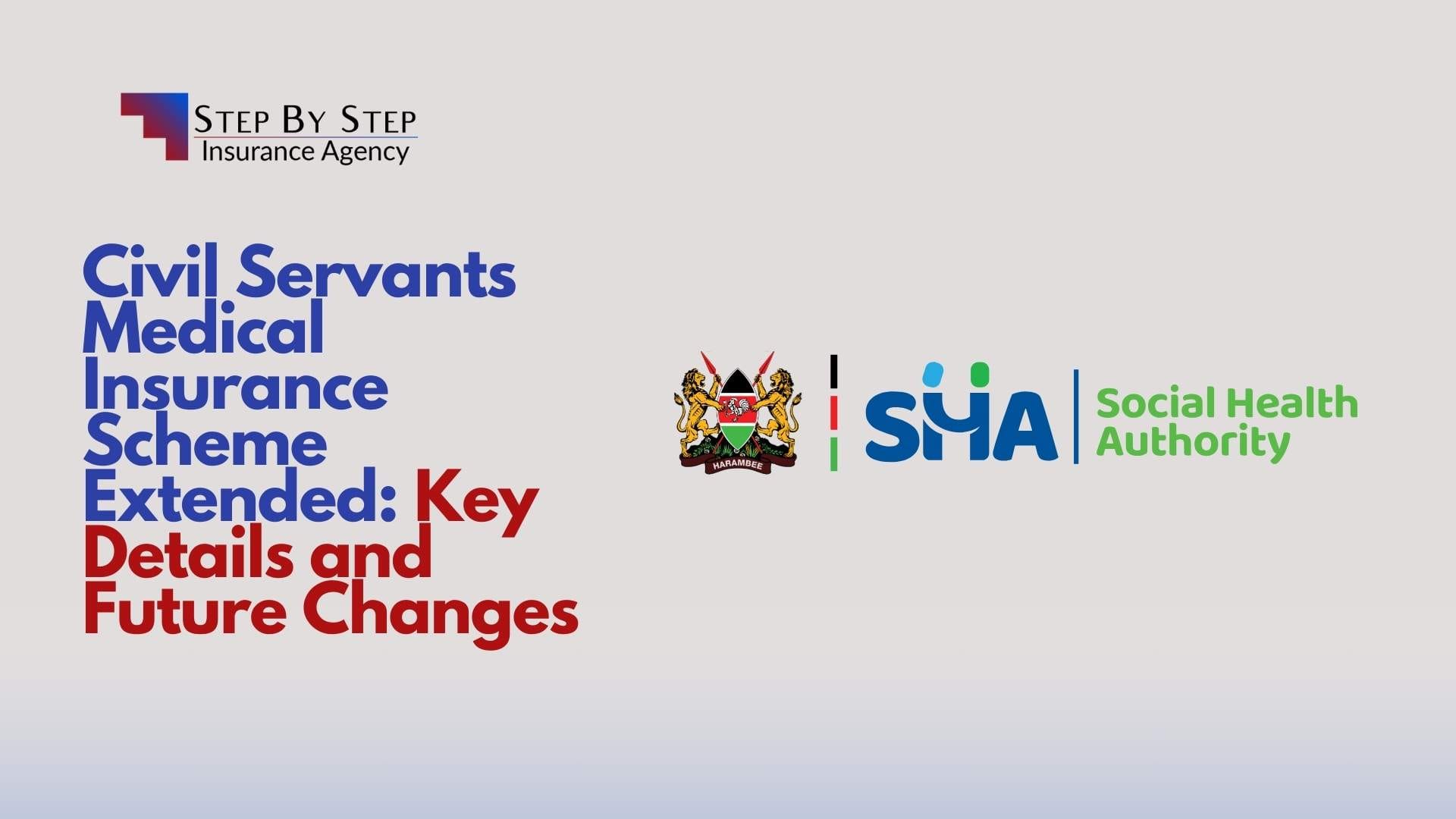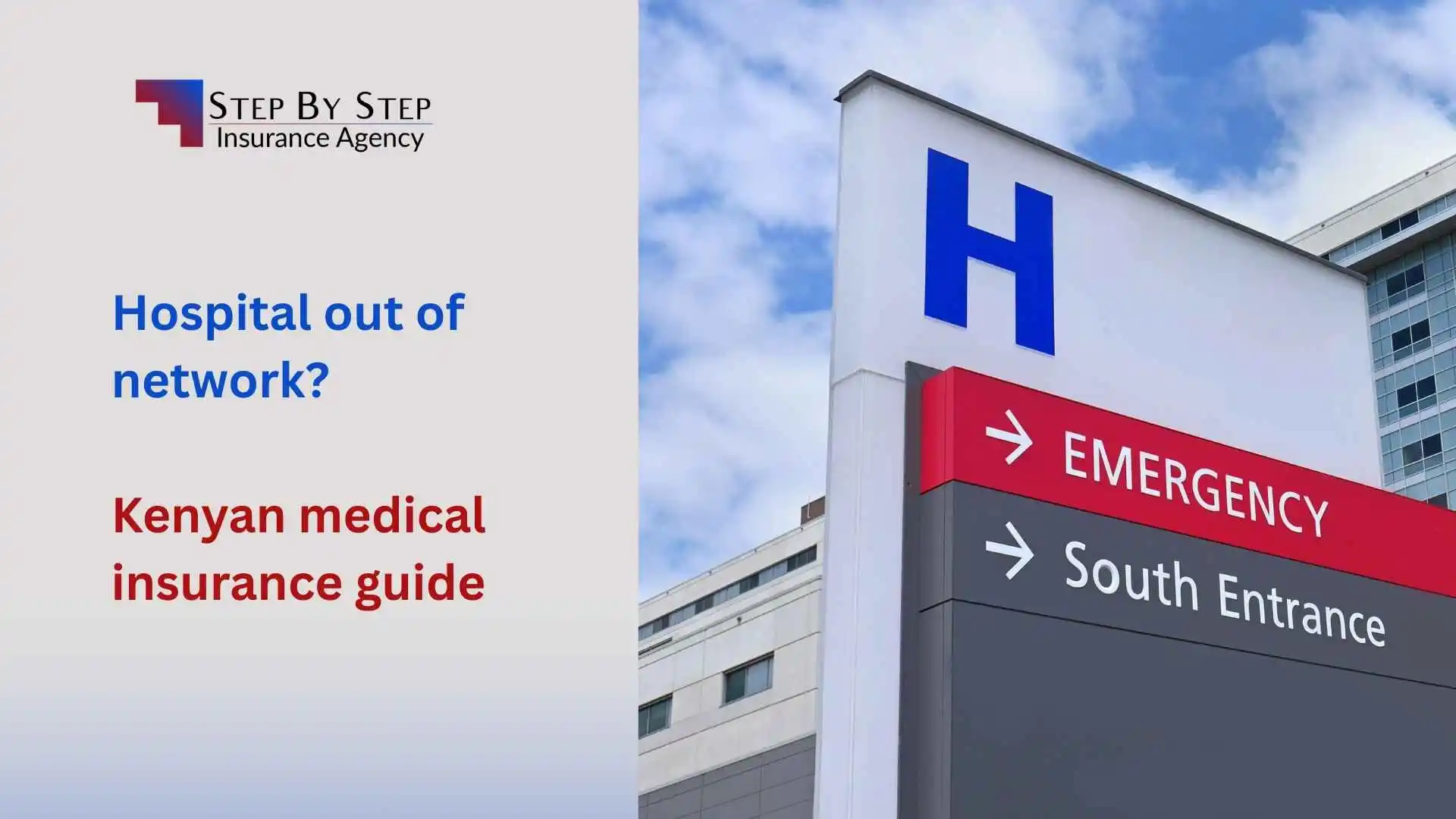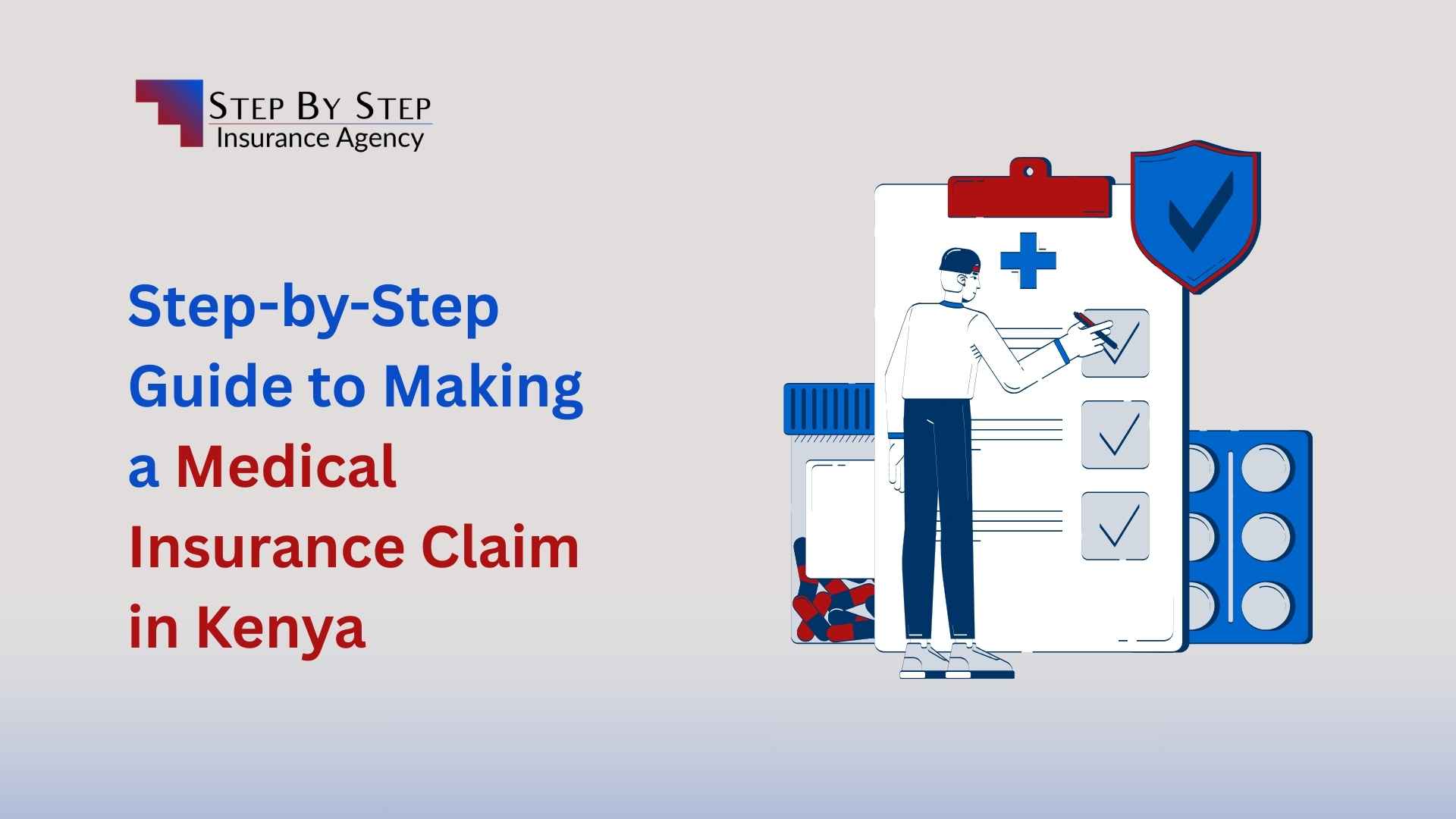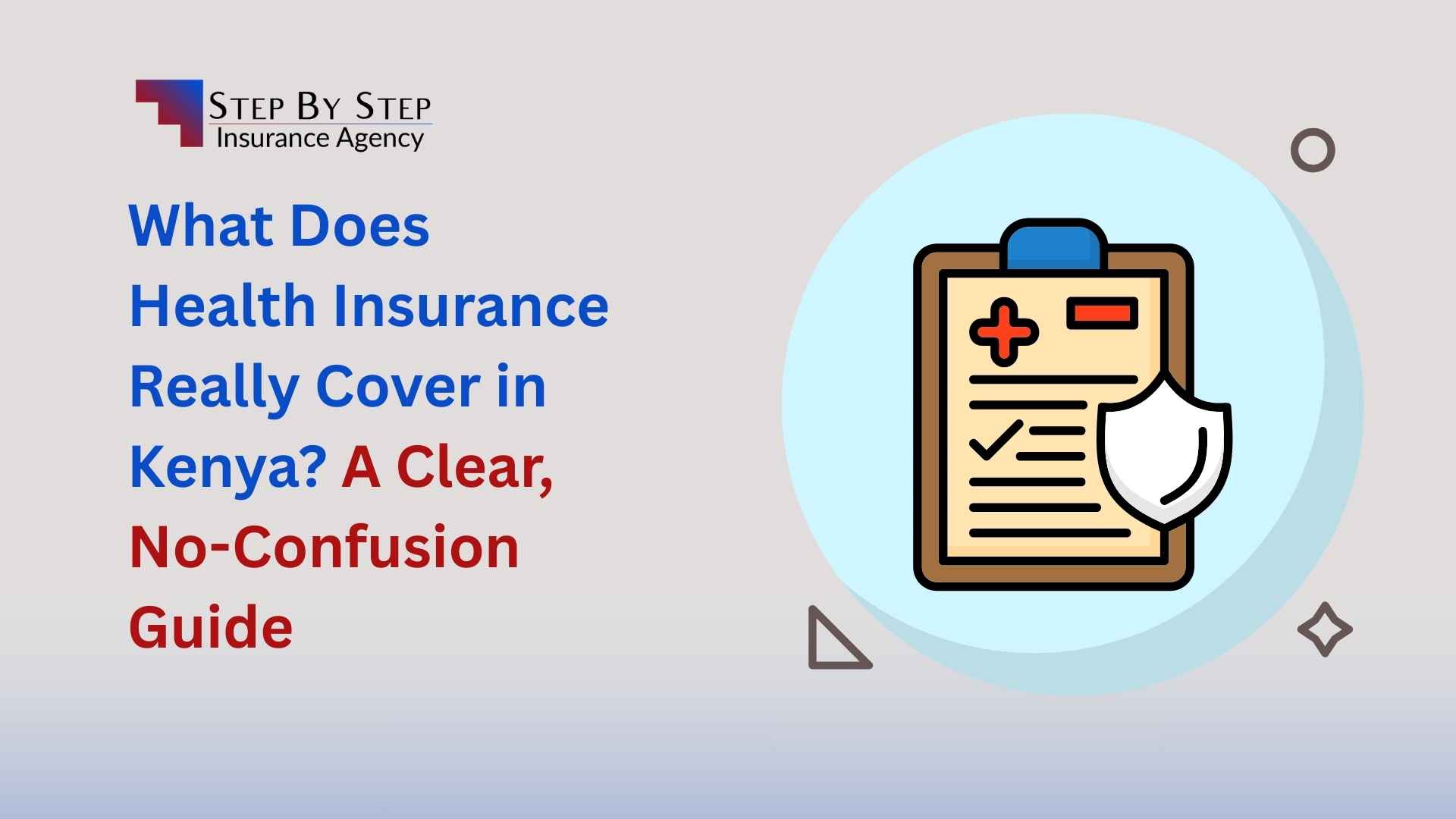Civil Servants Medical Insurance Scheme Extended: Key Details and Future Changes
On December 10, 2024, the Ministry of Public Service and Human Capital Development announced an extension of the Civil Servants Medical Insurance Scheme (CSMIS) until December 31, 2024. This decision comes as a response to ongoing concerns from civil servants regarding their healthcare coverage and follows a series of negotiations aimed at ensuring uninterrupted access to medical services. The new arrangements under the Social Health Authority (SHA) will take effect from January 1, 2025.
Background of the Civil Servants Medical Insurance Scheme
The Civil Servants Medical Insurance Scheme has been a cornerstone of healthcare provision for government employees in Kenya. Initially administered under the National Health Insurance Fund (NHIF), the scheme was designed to provide comprehensive medical coverage for civil servants, including those working in national and county governments, as well as staff from the National Youth Service (NYS).The CSMIS was established to address the unique healthcare needs of civil servants, ensuring that they have access to necessary medical services without facing prohibitive costs. This is particularly important given the rising healthcare expenses in Kenya, which can be a significant burden for many families.
In recent months, the scheme faced challenges as its previous contract expired on September 30, 2024. The government had initially extended coverage until November 21, 2024, to allow for a smooth transition to the new SHA framework. However, concerns from civil servant unions about potential service disruptions and increased deductions prompted further extensions and discussions with stakeholders.
Key Features of the Extended Scheme
- Comprehensive Coverage: The CSMIS provides extensive medical benefits that include inpatient and outpatient services, specialized treatments such as chemotherapy and dialysis, dental and optical care, and emergency services. This broad coverage ensures that civil servants can access necessary healthcare without financial strain.
- Inpatient Services: Coverage includes hospital stays, surgeries, and specialist consultations. Civil servants can receive treatment for serious illnesses without worrying about exorbitant bills.
- Outpatient Services: Routine check-ups, diagnostic tests, and minor procedures are also covered under this scheme. This is crucial for preventive care and early diagnosis of health issues.
- Seamless Transition: The extension allows for a seamless transition from NHIF to SHA, ensuring that beneficiaries continue receiving uninterrupted medical services during this period. Principal Secretary Amos Gathecha emphasized that this arrangement aims to maintain effective service delivery to all civil servants.
- Continuity of Care: By extending the current scheme, civil servants can continue accessing their preferred healthcare providers without interruption.
- Avoiding Gaps in Coverage: The government’s proactive approach in extending the scheme helps avoid potential gaps in coverage that could arise from administrative changes.
- Stakeholder Engagement: The government has engaged with various stakeholders, including civil servant unions, to address concerns regarding the scheme’s management and benefits. This collaboration is essential for ensuring that the new arrangements meet the needs of all beneficiaries.
- Feedback Mechanisms: Regular meetings with union representatives have been established to gather feedback on the scheme’s performance and areas for improvement.
- Transparent Communication: Keeping open lines of communication helps build trust between the government and civil servants regarding their healthcare needs.
- Future Arrangements: As part of the transition to SHA, new arrangements are being finalized to enhance service delivery starting January 1, 2025. These changes are expected to improve the overall efficiency of healthcare provision for civil servants.
- Improved Service Delivery: The SHA aims to streamline processes and reduce bureaucratic hurdles that may hinder timely access to medical services.
- Focus on Quality Care: Future arrangements will likely emphasize quality care standards to ensure that civil servants receive high-quality medical attention.
Union Response and Concerns
Despite the extension being seen as a positive step by many, civil servant unions have expressed dissatisfaction with the government’s handling of the situation. They argue that while the extension provides temporary relief, it does not address underlying issues such as:
- Increased Deductions: Unions have raised concerns about rising deductions from salaries without corresponding improvements in healthcare services. Many civil servants feel that their contributions are not reflected in the quality or accessibility of care they receive.
- Quality of Services: There are fears that transitioning to SHA may lead to inferior services compared to what was previously offered under NHIF. Civil servants worry that changes in administration could affect their access to quality healthcare providers.
- Job Security: Some unions have voiced concerns about potential job losses linked to changes in healthcare administration. They fear that restructuring within health management could lead to redundancies among staff who currently provide these services.
In response to these issues, unions issued a 14-day ultimatum for the government to address their concerns or face industrial action. This pressure highlights the importance of addressing not just administrative changes but also ensuring that civil servants feel secure in their employment and confident in their healthcare coverage.
The Importance of Healthcare for Civil Servants
Healthcare is a fundamental right for all individuals, but it holds particular significance for civil servants who serve as public servants in various capacities across Kenya. Access to reliable medical insurance is vital not only for their well-being but also for maintaining morale and productivity within public service sectors.
- Impact on Productivity: Healthy employees are more productive and engaged in their work. When civil servants have access to comprehensive medical insurance, they are less likely to take sick leave or be distracted by health-related issues.
- Public Trust: Ensuring that civil servants receive adequate healthcare fosters public trust in government institutions. When public servants are well taken care of, it reflects positively on governmental commitment to its employees.
Conclusion
The extension of the Civil Servants Medical Insurance Scheme until December 31, 2024, is a significant step toward ensuring that government employees in Kenya continue to receive essential healthcare services without interruption. While this decision has been welcomed by many, ongoing negotiations between the government and civil servant unions will be crucial in shaping the future of healthcare coverage for public servants in Kenya.
As we approach January 1, 2025, it will be important for all stakeholders involved—government officials, union representatives, and civil servants—to work collaboratively towards creating a sustainable and effective medical insurance framework that meets the needs of civil servants across the country.
The upcoming changes under SHA present an opportunity not only for improved service delivery but also for addressing long-standing concerns regarding salary deductions and service quality. By prioritizing these issues now, there is potential for building a more robust system that supports Kenya’s dedicated public workforce effectively.
This article provides an overview of recent developments regarding the Civil Servants Medical Insurance Scheme in Kenya while highlighting key issues surrounding its administration and impact on public service employees.






